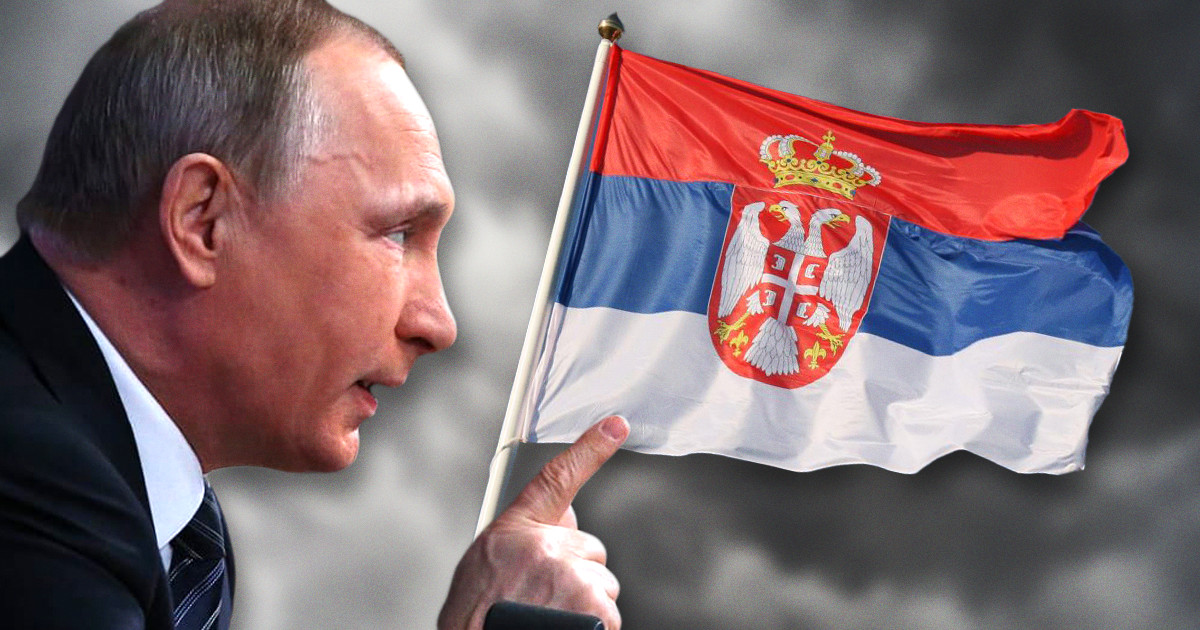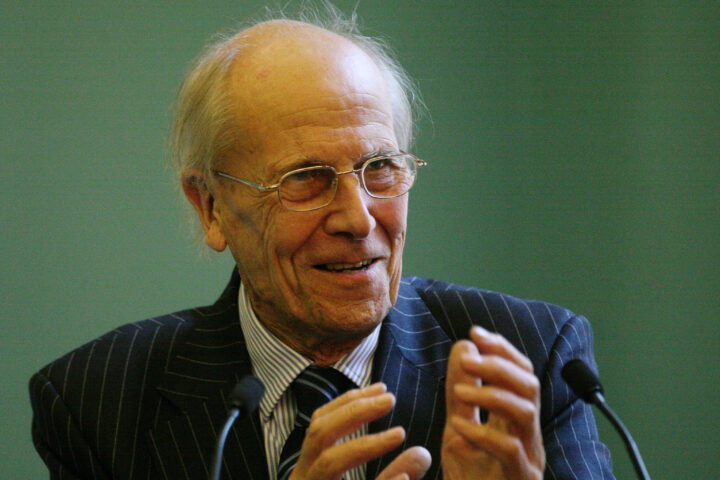Warning from North Macedonia
On August 27, 2025, Zoran Dimitrovski, Deputy Minister of Foreign Affairs and Foreign Trade of North Macedonia, cautioned that Russia could exploit unresolved conflicts in the Balkans to trigger new provocations and instability through proxy forces despite NATO’s presence in the region. Speaking to Ukrinform, he said Moscow is not interested in Balkan states joining the EU and may seek to reignite ethnic tensions. He pointed to the unresolved issues in Kosovo and Bosnia’s Republika Srpska as flashpoints in what remains a “powder keg.”
Long-term strategy of pressure
According to Dimitrovski, destabilization of the Balkans has long served Moscow as a strategic instrument to divert Western attention and weaken unity. By keeping the region in turmoil, Russia forces the EU and NATO to expend diplomatic, financial, and political resources on disputes it actively fuels, reducing the West’s ability to respond collectively to aggression elsewhere, including in Ukraine.
Tools of influence
Russia employs a wide range of levers to achieve its aims. These include pro-Russian and anti-Western political parties, the Serbian Orthodox Church, Russian media outlets such as RT and Sputnik Srbija, as well as cultural and humanitarian organizations like the Russian-Serbian Humanitarian Center in Niš, which doubles as a hub for intelligence operations. State enterprises such as Gazprom are also used to finance pro-Kremlin politicians, entrench corruption, and weaken state institutions.
Political allies and separatism
Moscow actively backs Milorad Dodik, the ousted president of Republika Srpska, whose separatist actions align with the Kremlin’s interest in maintaining Bosnia and Herzegovina as a “grey zone” at the heart of Europe. This strategy mirrors past Russian involvement in destabilization attempts, such as the failed 2016 coup in Montenegro, when Russian agents and their Serbian allies plotted to assassinate then-Prime Minister Milo Đukanović to derail the country’s NATO accession.
Hybrid warfare and disinformation
Russia’s hybrid warfare campaign is deeply entrenched in the region. Disinformation is spread through state outlets like Sputnik Srbija and pro-Russian Telegram channels in local languages, with the aim of undermining public trust and weakening institutions. At the same time, Russian intelligence services rely on networks of political and criminal groups, corruption schemes, and propaganda to recruit local agents of influence.
Unresolved disputes as leverage
The unresolved dispute between Serbia and Kosovo remains a key tool for Moscow, which positions itself as a defender of Serbian territorial interests. This approach bolsters Russia’s popularity among Serbs while providing justification for its aggressive foreign policy and efforts to block the Euro-Atlantic integration of the Balkans.















